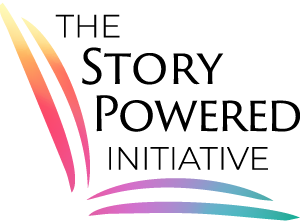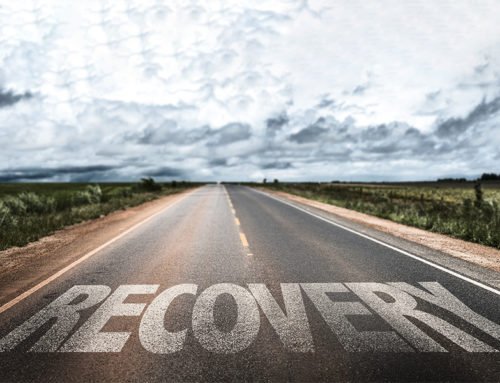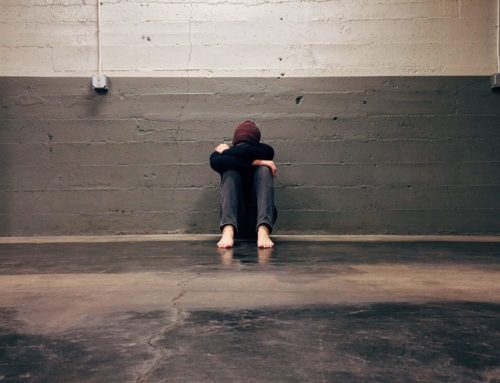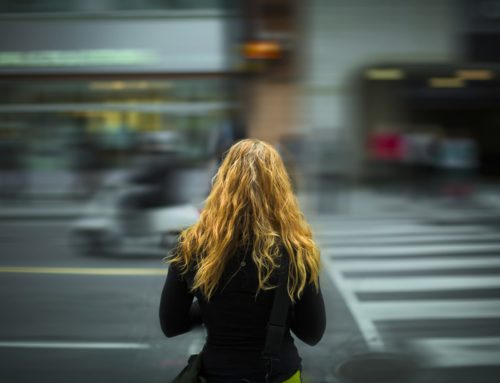"As it goes with a high percentage of high-risk addicts, shortly after completing rehab, I relapsed."
I am from Indiana a borough located in Pennsylvania. My substance abuse disorder began in 2010 after 3 major surgeries. Shortly after, I was directed to a pain clinic. After a year of management and a built-up physical dependence on prescription drugs, the clinic was shut down due to illegalities on behalf of the staff. As a full-time student and part-time employee, I faced the burden of dealing with legitimate pain that resurfaced in tandem with sickness from stopping the medication. Prior to resorting to the street, I did intakes with numerous physicians in the area to continue with my prescription regimen. However, the surge of government-induced crackdowns on over-prescribing medications left me to face the aforementioned responsibilities without any help from the medical field.
At this time, I resorted to finding prescription drugs on the streets. Eventually, I was introduced to intravenous heroin and started a 7-year battle with severe addiction. In 2016, I sought and completed treatment in a 24-day rehab program. As it goes with a high percentage of high-risk addicts, shortly after completing rehab, I relapsed. From that point, I decided to try medication-assisted recovery in the form of Suboxone. It has been a year since my treatment began, and I have not relapsed with heroin nor other narcotics. I pass mandatory drug-screens, attend both one on one and group counseling sessions, and take my medication as prescribed.
Though the public perception of this is, “replacing one drug with another,” I wanted to share with you the milestones that I have reached since undergoing Suboxone treatment. Earlier this spring, I attended the Indiana University of Pennsylvania to complete a few remaining credits and received my Bachelor of Arts degree. I have also attained high-pay employment. I sincerely hope my subjective experience with this epidemic will aid in understanding that each person’s recovery is their own. There are no one-size fits all band-aid. Suboxone and methadone programs may seem not to be working in the eyes of the lay individual, but I can attest that is a widely held misconception. Medication-assisted recovery is not about trading one drug for another, but a pathway to assist in the rebuilding of structured lives that will have a higher probability in enabling an individual to maintain their sobriety; whether that be employment, educational accomplishment, or a myriad of other possibilities.
If the public continues not to be proactive in tending to this epidemic with open ears, the ember will continue to burn hot. Our youth will continue to die or become slaves to the judicial system. With well-paying jobs hard to come by for an individual with no criminal background, what do we expect addicts to resort to when they are released from prison after obtaining felony status on their records? It is widely known that once you enter the system, your chances of becoming a repeat offender are statistically high.
This is why I am sharing my story. I harbor a sincere hope that my subjective journey in MAR (Medication Assisted Recovery) will provoke conversation, increase public awareness, and potentially reshape the public’s perception in the on-going battle against the present opiate-induced epidemic that is plaguing contemporary America. Daily, I am plagued with social media conversing that aims to beat down the seemingly failing recovery programs. Most of the above-mentioned conversations are most likely elicited by a disdain created by the uprising of addiction in our communities and the negative impact it is having. If we do not raise awareness and educate the public, I fear the nation will continue to divide in facing this ever-growing problem.















